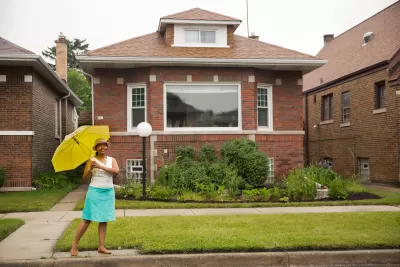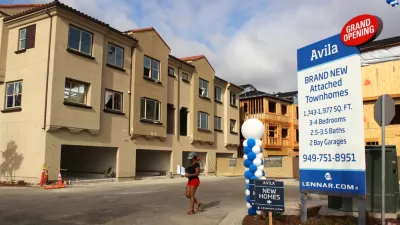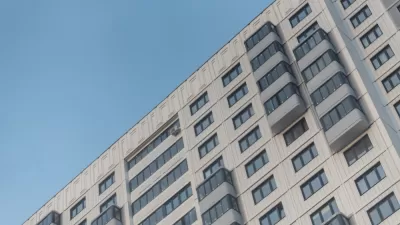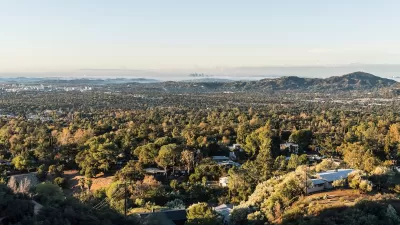Black Americans pay a higher price to be homeowners—and the number of those who can afford to pay that price is dropping quickly.

Feature reporting by Ailsa Chang, Christopher Intagliata and Jonaki Mehta dig into the past and present of what the headline of the story refers to as the "racist architecture of homeownership."
The statistics that explain the state of Black homeownership in the United States are staggering:
Over the last 15 years, Black homeownership has declined more dramatically than for any other racial or ethnic group in the United States. In 2019, the Black homeownership rate was about as low as in the 1960s, when private race-based discrimination was legal.
And after the explaining the history of redlining and other discriminatory practices built into the legal and financial systems of the country, the article explains this:
Today, many of the same neighborhoods that were redlined continue not only to have the highest poverty rates, but also worse health outcomes that lead to shorter lifespans. And Black Americans are nearly five times more likely to own a home in a formerly redlined neighborhood than in a greenlined, or "desirable," neighborhood, resulting in less home equity than white Americans have.
The article illustrates its points with human interest angles and a deep dive into the causes and effects of racism in the housing and development market of the greater Los Angeles area, starting with the neighborhood of Sugar Hill, razed and severed by the construction of the Interstate 10 Freeway, before also describing blockbusting in the city of Compton and the emigration of Black Americans from urban areas to suburban and exurban locations in the Inland Empire to the east of Los Angeles—the latter interrupted by the disparate impacts of the foreclosure crisis and predatory lending of the Great Recession.
A recent report by the Urban Institute offers supplemental reading about the causes of the decline of Black homeownership in six neighborhoods around the country.
FULL STORY: Black Americans And The Racist Architecture Of Homeownership

Alabama: Trump Terminates Settlements for Black Communities Harmed By Raw Sewage
Trump deemed the landmark civil rights agreement “illegal DEI and environmental justice policy.”

Study: Maui’s Plan to Convert Vacation Rentals to Long-Term Housing Could Cause Nearly $1 Billion Economic Loss
The plan would reduce visitor accommodation by 25% resulting in 1,900 jobs lost.

Planetizen Federal Action Tracker
A weekly monitor of how Trump’s orders and actions are impacting planners and planning in America.

Wind Energy on the Rise Despite Federal Policy Reversal
The Trump administration is revoking federal support for renewable energy, but demand for new projects continues unabated.

Passengers Flock to Caltrain After Electrification
The new electric trains are running faster and more reliably, leading to strong ridership growth on the Bay Area rail system.

Texas Churches Rally Behind ‘Yes in God’s Back Yard’ Legislation
Religious leaders want the state to reduce zoning regulations to streamline leasing church-owned land to housing developers.
Urban Design for Planners 1: Software Tools
This six-course series explores essential urban design concepts using open source software and equips planners with the tools they need to participate fully in the urban design process.
Planning for Universal Design
Learn the tools for implementing Universal Design in planning regulations.
Caltrans
Smith Gee Studio
Institute for Housing and Urban Development Studies (IHS)
City of Grandview
Harvard GSD Executive Education
Toledo-Lucas County Plan Commissions
Salt Lake City
NYU Wagner Graduate School of Public Service





























